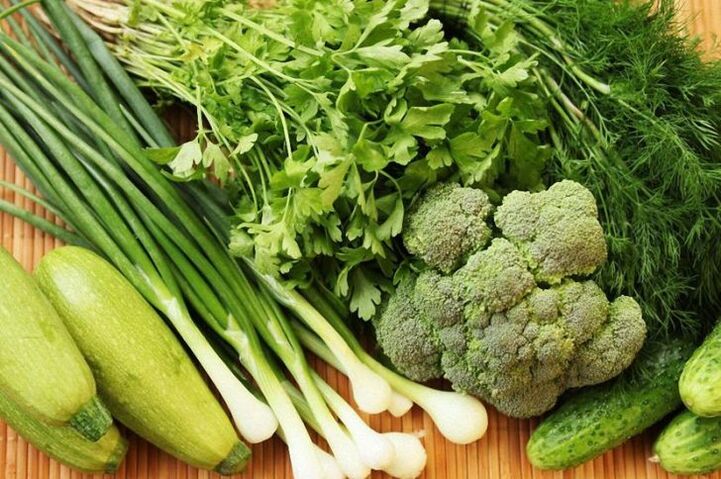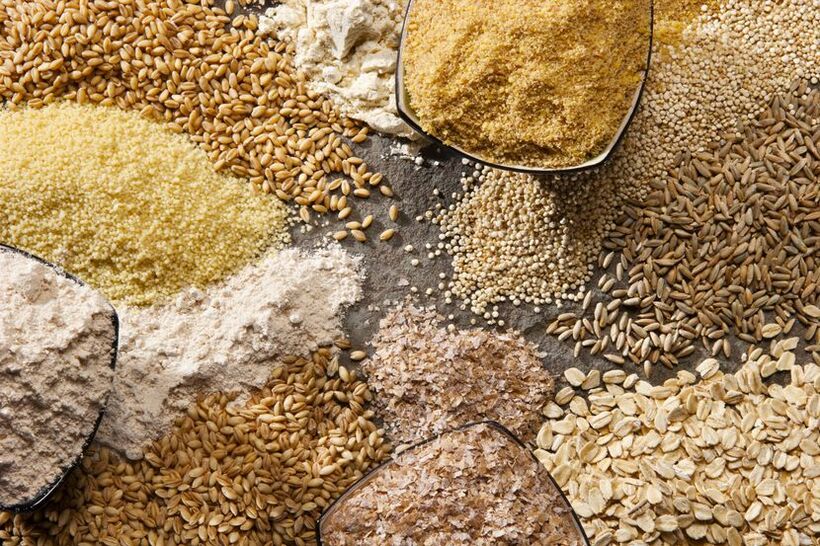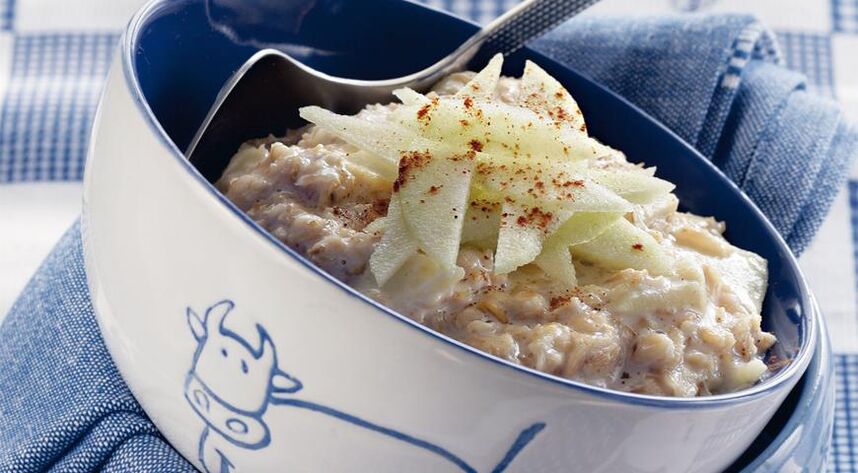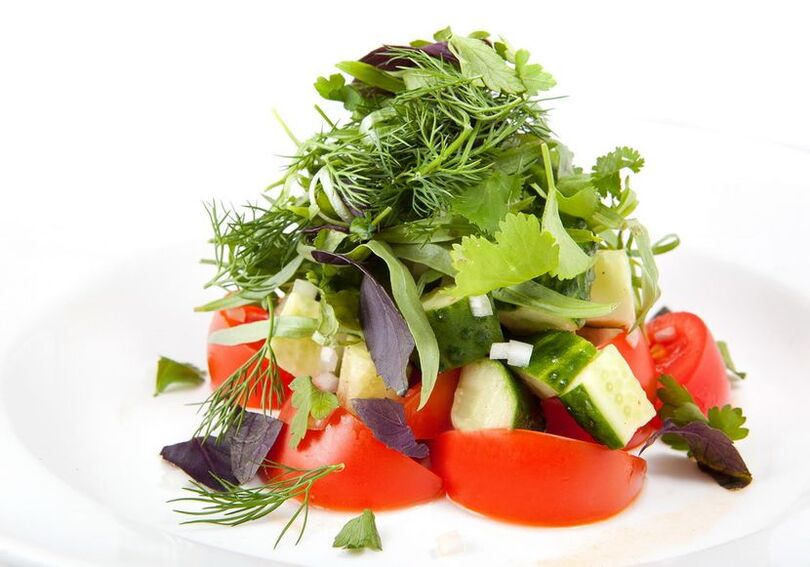
Allergy is a disease of our time, characterized by increased sensitivity to certain substances, products and materials. The most common types of allergies are: pollen, dust, food, medicine, animal hair, insect bites.
To alleviate the condition of the body, with the exacerbation of allergies, there are two ways: by taking medication or following a hypoallergenic diet. The diet will be equally effective in the form of atopic dermatitis, whether sudden or chronic, regardless of the type and severity of the allergy. Allergy is a serious disease of the body and requires medical attention.
Recommendations for a hypoallergenic diet are just a small part of what you are allowed to do on your own.
Hypoallergenic diet menu
A person who follows such a diet is able to eliminate foods that cause allergic reactions.
According to a study by nutritionists, all products are divided into three groups: low allergen, medium allergen and high allergen.
Allowed and healthy foods for allergies:
- all types of cereals, except corn,
- crackers,
- dried fruits of all kinds,
- unleavened pastries,
- green or yellow vegetables and fruits. These are asparagus, cucumber, apple, cabbage, greens, yellow cherries, corn, pears,
- compotes, jellies and green fruit jelly,
- Red meat,
- dairy products,
- butter.

Foods to eat with caution:
- orange or red fruits and vegetables, as well as jellies, juices and compotes from them,
- grenades,
- chicken and eggs,
- strawberries, raspberries, strawberries,
- fish and caviar,
- nuts
- horse meat,
- melon,
- black and red currants.
Foods strictly forbidden for all types of allergies:
- all citrus fruits, except lemon
- mushrooms,
- milk,
- honey,
- candy store,
- chocolate, coffee, cocoa,
- lamb, veal, turkey and rabbit meat,
- olive oil,
- any smoked meat,
- celery acid,
- smoked, canned, salty, sour and spicy foods,
- alcohol.
Of course, you can not eat a kilogram of cucumbers or apples allowed in the diet. Even a completely healthy body can react to such a load completely unexpectedly and is expressed in the form of allergies. Moderation should be in everything. Fractional foods would be the best solution to monitor for a possible allergy.

Sample menu of hypoallergenic diet for 7 days
The first day
- Breakfast: cottage cheese with sour cream and sugar, tea.
- Supper: vegetable soup, a slice of boiled beef, green apples, kefir.
- Supper: buckwheat porridge, baked vegetables, jelly.
The second day
- Breakfast: oatmeal, with the addition of butter and dried fruits, green or black tea, to choose from.
- Supper: vegetable soup, boiled pork, compote.
- Supper: rice porridge, steamed cutlet, yellow apple, kefir.
Wednesday
- Breakfast: sandwich with cheese and butter, tea, yogurt.
- Supper: vegetable juice, a slice of beef, compote.
- Supper: mashed potatoes, baked pork, bananas.
The fourth day
- Breakfast: boiled pasta with the addition of butter, tea, pear.
- Supper: meaty vegetable soup, dried fruit compote.
- Supper: vegetable casserole, apples, tea.
Friday
- Breakfast: Dry biscuits with butter, tea, banana and pear salad with yogurt.
- Supper: vegetable juice, steamed beef cutlet, banana, compote.
- Supper: wheat porridge with baked vegetables, tea.
Saturday
- Breakfast: cottage cheese casserole, tea.
- Supper: vegetable juice, a slice of boiled beef, compote.
- Supper: buckwheat porridge, yogurt, banana.
Seventh day
- Breakfast: butter and boiled meat loaf, pear, tea.
- Supper: vegetable soup, steamed cutlet, banana, compote.
- Supper: oatmeal, fresh vegetable salad with herbs, kefir.

Advice from professional nutritionists
Make sure you eat soup for lunch every day for housing and communal services to work properly. The base should always be based only on vegetable broth, as broth can cause allergic reactions.
You can use cottage cheese, yogurt, fruits and vegetables as a snack, you can drink tea with lemon.
If you continue to eat such foods for at least a week, you will immediately feel an additional increase in strength. First, a healthy and balanced diet will help the body cleanse itself of toxins and toxins. Second, by eliminating possible allergens from your diet as much as possible, it will be easier to monitor the dynamics of allergies and draw conclusions for yourself.
Adults can follow this diet for no more than three weeks, and children for a maximum of 9 days. If at the end of the diet you notice an improvement in your health, you should gradually add foods that were previously banned. This should be done at three-day intervals for each new product, as an allergic reaction may not be immediately apparent. This diet is also called non-specific.
If there is no improvement, moderately allergenic and then low allergenic foods should be gradually eliminated. You can limit your diet only under the supervision of a specialist. To more accurately diagnose allergies, doctors are advised to keep a diary of your diet and record how your body reacts to each product.
It is necessary to eat taking into account all the needs of the body for vitamins and minerals. You can not overeat, because the extra food particles will not be digested, but will poison the body.
Protein-rich foods should be combined with vegetables, in which case the fiber in them will prevent allergens from entering the bloodstream.
This type of diet is suitable for absolutely all adults, children and even nursing mothers.














































































